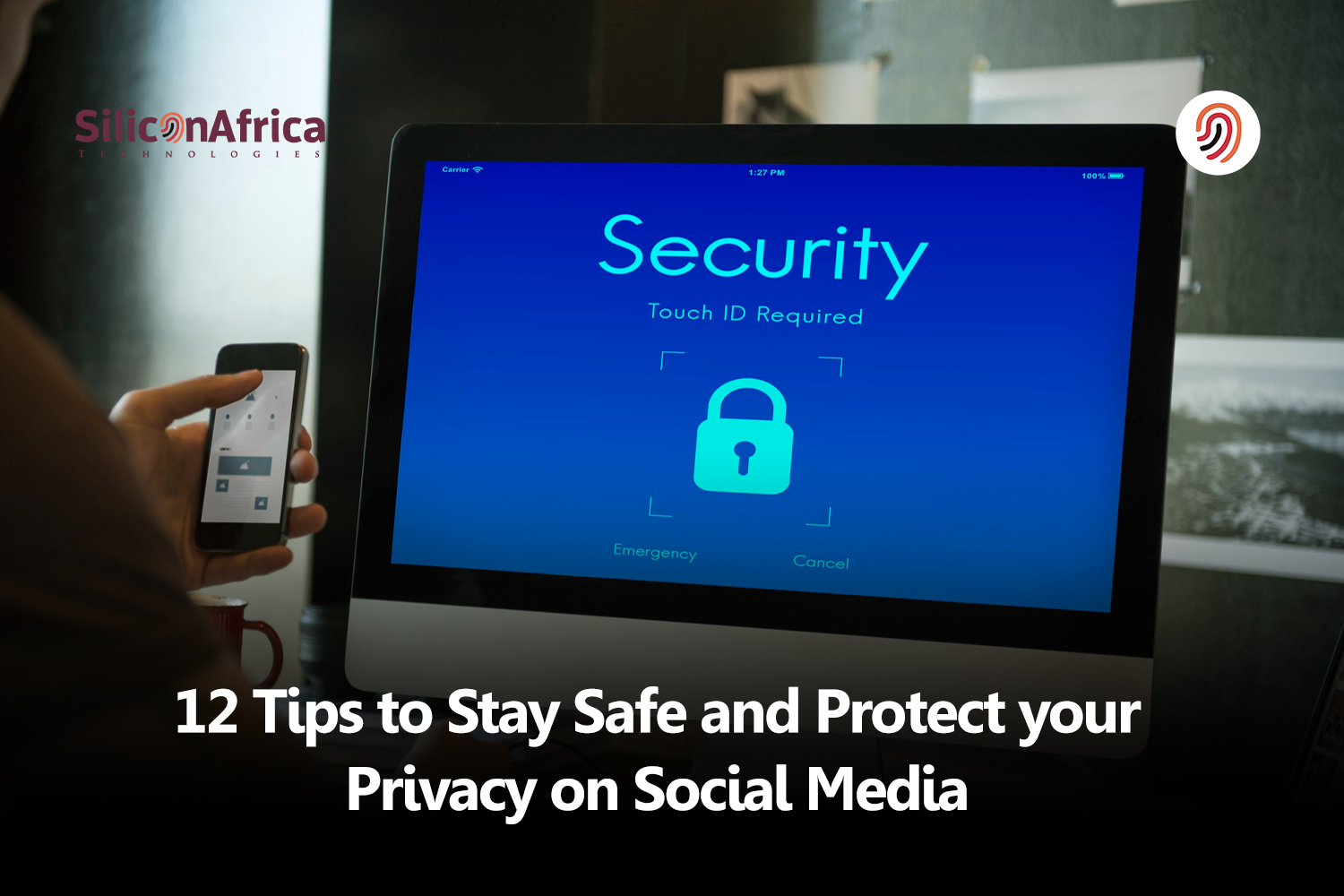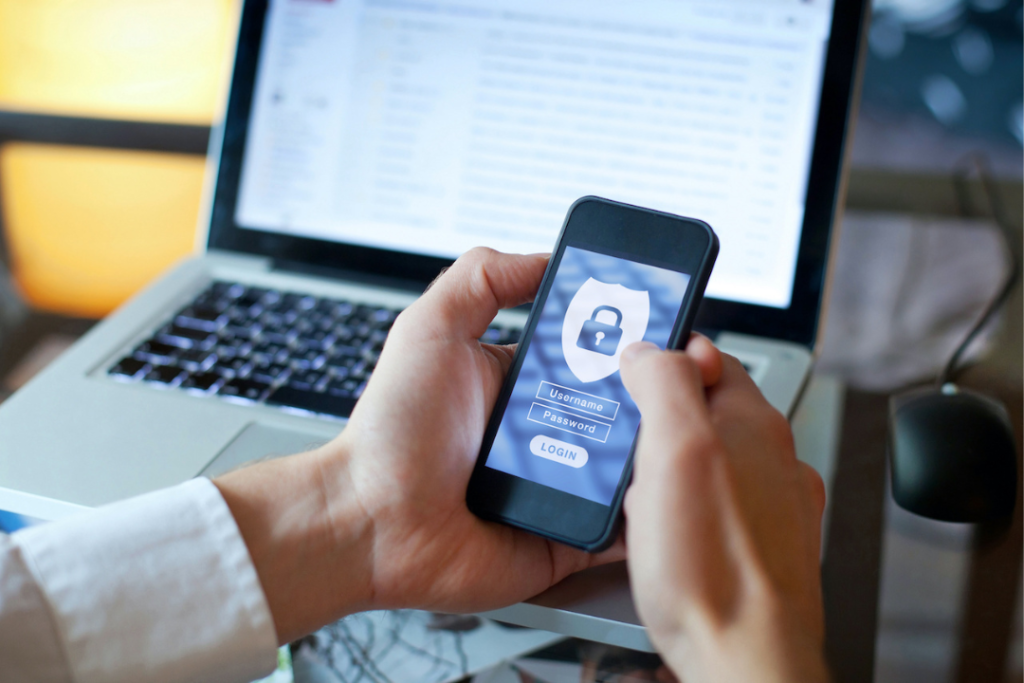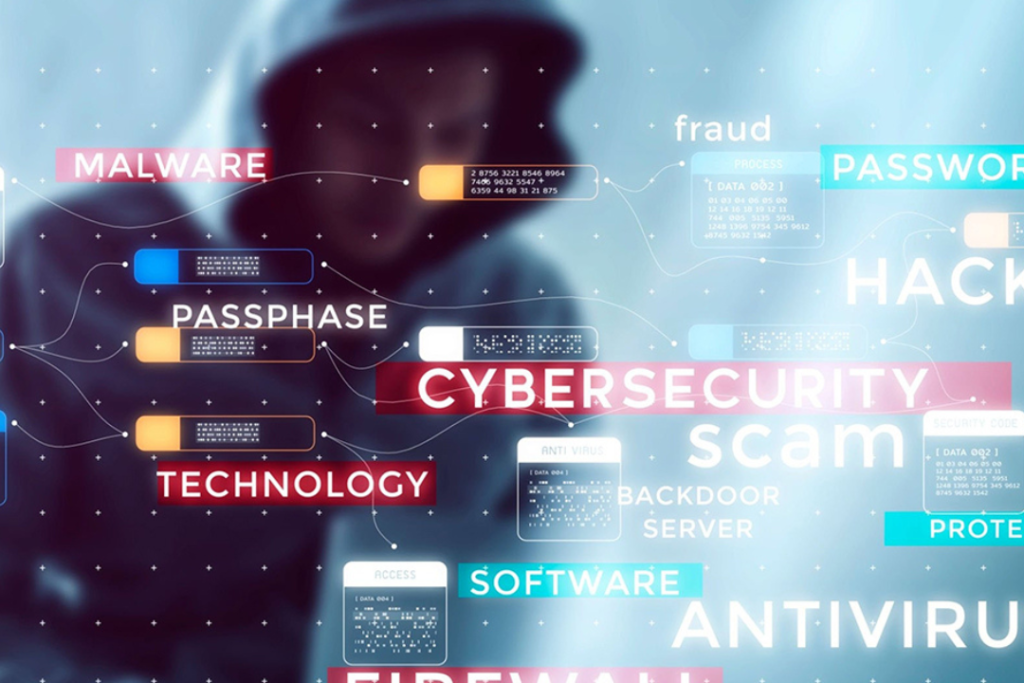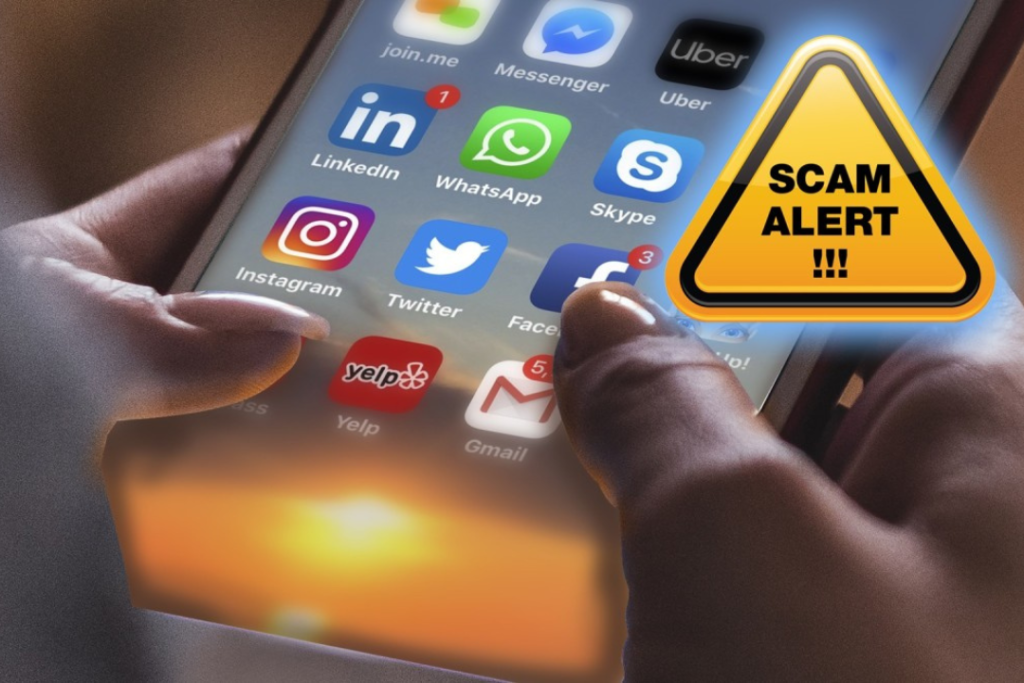Newsletter Subscribe
Enter your email address below and subscribe to our newsletter

Privacy concerns have recently acquired traction in public and political discourse. This is due in part to the 2018 Cambridge Analytica incident and its impact on social media and the internet. Today, social media platforms like Twitter, Tumblr, Facebook, Telegram, Instagram, LinkedIn, and Snapchat serve as digital billboards for internet users.
While these spaces allow us to connect, share, and engage like never before, they also pose significant challenges to our privacy. It’s essential to be aware of how social media companies may use our data and what steps we can take to safeguard our personal information.
Navigating the complex landscape of social media safety doesn’t have to be daunting. There are straightforward, effective strategies you can adopt to enhance your privacy on social media. From adjusting your privacy settings to being mindful of what you share online, understanding how to protect your privacy on social media is crucial in this digital age.
By staying informed and vigilant, you can enjoy the benefits of these social media platforms while minimizing the risks to your privacy. We trust that the information in this article will help you understand how to preserve your social media privacy. Read on!

Why should you care about your privacy on social media? It’s simple. The digital era has turned our personal information into a gold mine. From the photos you post, and the locations you tag, to the thoughts you share, social media platforms are watching and sometimes, sharing more than you’d like.
Let’s break down why privacy on social media deserves your attention.
On social media platforms, every like, comment, and share is more valuable than you might think. Social media companies can use this information to learn about your interests, habits, and even your location. They often use this data to show you targeted ads. But that’s not all—sometimes, this information can end up in hands you wouldn’t want it in, including hackers or overly intrusive marketers.
Every post you make on social media adds to your digital footprint. Think of it as an indelible ink pad that you leave behind with every step. It’s a compilation of all your online activities that can tell a lot about you. Whether it’s your political views or what you did last weekend, your digital footprint can affect how others—including future employers—perceive you.
One of the big reasons why privacy on social media is crucial is because not everyone online has good intentions. Social media platforms can sometimes feel like safe spaces where everyone is a friend, but that’s not always the case. From identity thieves to online bullies, some individuals can use the information you share against you.
In the digital age your online presence is a big part of who you are. Treating your privacy on social media with the importance it deserves ensures you can keep enjoying the good parts of social media without the drawbacks.
Related – 8 Best Apps to Save in Dollars in Nigeria 2024

Social media threats can take numerous forms, putting your personal and company information at risk. The most prevalent dangers include phishing attempts, scams, identity theft, and impersonation, as well as malware, ransomware, unprotected third-party programs, and password theft.
Credential theft is the initial step in acquiring access to your accounts. From there, hackers can reset passwords, obtain sensitive data, and gain access to a server owned by a business or individual.
Quizzes and challenges are a frequent way for cybercriminals to collect information and personal details about people’s tastes and interests, which they then use to construct passwords or solve security and forgotten password problems.
Phishing is a leading cause of data breaches. This fraudulent technique includes sending out false social media ads, emails, and messages claiming to be from reputable and well-known firms or individuals, with winning prizes, promotions, or even account concerns attached.
Scammers use convincing emails and message strategies to trick you into disclosing critical information such as passwords, email addresses, and banking information.
Malware is software used by hackers to gain access to IT systems to steal data from persons and companies, disrupt them, or cause significant harm. Ransomware, on the other hand, is a type of virus that restricts access and holds computers or data hostage until the user or organization pays a ransom.
Cybercriminals frequently use impersonation to obtain sensitive information and credentials from individuals, organizations, customers, employees, or prospective hires. Impersonators create convincing fake accounts that are difficult to distinguish from legitimate accounts.
Malicious actors may exploit insecure third-party apps to obtain access to sensitive information. These flaws can include design flaws, security breaches, insecure authentication systems, or simply setup mistakes.
They are delivered to individuals and organizations via external applications utilized by employees, collaborators, or anybody else who already has access to sensitive information.
Social media can be a valuable tool for staying connected and informed when used responsibly. By being aware of common threats and adopting proactive security measures, users can help safeguard themselves and their communities against cyber risks. Let’s see how to protect your privacy from these threats.

Protecting your privacy on social media is essential in an era where our digital footprint can have real-world consequences. Whether you’re concerned about identity theft, job prospects, or personal safety, taking steps to safeguard your online privacy is crucial.
Here are 12 tips to help protect your privacy on social media platforms.
Certain conditions apply to social media networks. Terms and conditions are guidelines that define the goal, function, and expectations for the user experience on a certain platform.
While websites enforce terms and conditions in various ways, a simple perusal of a social media site’s terms and conditions will provide you with useful information about how the platform intends to utilize your personal information.
Here are some terms and conditions to review:
Some websites have agreements stating that by publishing on the platform, you agree to convey intellectual property rights to the platform. This might occasionally imply that a platform owns, distributes, monetizes, or otherwise controls your posts. This also means that you may not be able to delete content once it has been published.
A site’s terms and conditions may automatically opt users into particular functionalities. This can include tracking and sharing a user’s location data. When you share your location with the internet, you jeopardize your safety.
Users of social media platforms should exercise extreme caution before providing third-party apps access to their accounts. External developers make third-party apps that interface with social media platforms. While these apps can improve your social media experience, they also pose serious concerns to your data privacy.
When you use a third-party app with your social network account, you give it permission to access, utilize, and collect data from your account. If the app is compromised, the hacker will also have access to related accounts.
Users who want to increase their privacy on social media can examine the list of apps they are logging into using that social media site and withdraw access permissions.
Users of social media should use caution when sharing personal information with others. Any information you disclose on social media, whether with a single person or a private group of individuals, has the potential to become public.
Employers, journalists, law enforcement officers, attorneys, and marketers regularly acquire personal information. It is also gathered by hackers, data miners, and archiving platforms.
Here are some typical forms of data that can be gathered from social media sites:
Sharing personal information, even seemingly harmless details like preferences on social media can lead to significant privacy risks. This includes hackers using such information to guess account passwords, leveraging favorites or significant dates, thus accessing more private data.
Consequently, this escalates risks of identity theft, online scams, sextortion, and revenge porn. Therefore, it’s crucial to be cautious about what personal details are shared on social media platforms.
Phishing schemes are fake communications sent by cyber attackers that attempt to deceive the victim into disclosing sensitive personal information. Phishing attacks on social media are often delivered by direct messaging, but they can also take other forms. The following are some examples of social media phishing schemes:
This deceptive quiz, promising your future band’s name for personal details like your childhood street and mother’s maiden name, tricks you, letting cyberattackers target your bank login security questions.
A hacker hijacks your friend’s Instagram, posting a story to them, claiming to multiply cryptocurrency investments via a third party. Following these instructions, you send your funds and lose your investment.
Read Also – Latest WhatsApp Hacks you Need to Know to Protect your Privacy
Users of social media should use secure login techniques. Specifically, social media users should consider implementing the following safeguards:
Users of social media platforms can also protect their personal information by using a virtual private network (VPN). A VPN is a secure, encrypted internet connection that protects your privacy. A VPN aims to minimize the amount of data that corporations can collect from your surfing behavior. As a result, it can help you protect your personal information.
Many social media platforms allow you to restrict who can view your profile information. Setting your profile and posts to private reduces the possibility of strangers obtaining and using your information for malicious purposes.
The sharing of location information, including geo-tags and social media check-ins, can disclose your real-time whereabouts. By making public your current location, you inadvertently inform others of your presence as well as your absence from other places.
This act of sharing your location compromises not only your safety and that of your loved ones but also increases the risk of falling victim to physical attacks and theft.
To strengthen privacy safeguards, social media users should consider sharing images after returning from an event or travel and abstaining from disclosing location-related information.
There’s a reason why the term “the internet is forever” is so famous. Publications created using private profiles, direct messages, and “disappearing” material apps such as Snapchat are not truly private.
Anything you post on a social media platform can be copied, shared, and made public. Once content has spread, it may become difficult, if not impossible, to delete.
Before sharing any content, social media users should consider the potential consequences and avoid making statements that could encourage others to distribute private information.
Anti-virus software safeguards your device against known viruses by enabling detection and removal before harm is done. Given that attackers constantly create new viruses, it’s crucial to regularly update your antivirus definitions.
This ongoing maintenance ensures your system remains protected against emerging threats, thereby minimizing potential damage. By staying vigilant and ensuring your anti-virus software is always up to date, you can significantly enhance your device’s security and avoid the disruptions caused by viruses.
Regular updates and maintenance of your anti-virus tools are essential for robust digital protection.
Fake accounts have become increasingly common on social media platforms. Facebook claims to have eliminated 1.5 billion bogus accounts between July and September of 2022. To preserve their data privacy, social media users should avoid accepting friend requests from strangers.
Fake accounts frequently target social media users, resulting in the following legal issues:
You should also be aware of frequent indicators of phony social media profiles. Fake social media profiles frequently exhibit one or more of the following attributes:
Public Wi-Fi, found in places like malls and coffee shops, poses significant risks. Such networks are prime targets for hackers and cybercriminals looking to steal personal information.
To safeguard your data, always employ a Virtual Private Network (VPN) when accessing public Wi-Fi. This encrypts your internet traffic, making it difficult for others to intercept your data.
If you don’t have a VPN, it’s best to wait until you’re on a secure, private network before browsing the internet. This simple precaution can significantly enhance your digital security in public spaces.
Understanding when to involve a lawyer is crucial, especially when it comes to online privacy breaches. Swift action is key if your private data is compromised online since neglecting negative content can lead to it escalating rapidly.
Knowing the initial steps to take might be confusing, and if the issue seems to be escalating despite your efforts, it’s advisable to seek the expertise of an internet lawyer.
They are equipped to handle such situations efficiently, ensuring that your privacy is restored and further damage is mitigated. Do not hesitate to reach out for legal assistance when faced with online privacy violations.
Also Read – Your Industry is Safe: 15 Jobs AI Will Not Replace in 2024–2034
Shortly, privacy on social media is going to become even more crucial. As social media platforms evolve, the ways social media companies use our data are also changing. Expect to see more sophisticated privacy settings and tools from these companies, aimed at giving users more control over their personal information.
To stay safe, it’s important for users to actively manage their settings and stay informed about policy updates. Make a habit of checking what information you’re sharing and with whom.
Social media companies are likely to offer more transparent policies and better ways to protect your privacy on social media. Keeping yourself educated and adjusting your privacy settings accordingly will be key to maintaining social media safety.
Keeping your private life safe on social media isn’t rocket science but it needs your attention. It’s all about knowing the privacy settings on platforms like Facebook or Instagram.
Make sure you understand what you’re sharing and with whom. Don’t trust all social media companies blindly; take control of your info.
Check the privacy settings regularly and limit what strangers can see. Remember, social media safety starts with you. So, be smart and proactive about protecting your privacy online.
Go to your social network account’s Settings tab and check your privacy settings. From there, change your public profile to private.
Most social media platforms have features that allow you to block or report users who are harassing you or sending unwanted messages. Utilize these tools to maintain a safe online environment.
Sharing your current location or travel plans can pose risks, such as burglary or stalking. To minimize these risks, avoid real-time location sharing or wait until you’ve returned home before posting about trips.
Social media companies frequently update their terms of service, privacy policies, and settings. Stay informed by reviewing these updates and adjusting your settings as necessary to maintain your desired level of privacy.